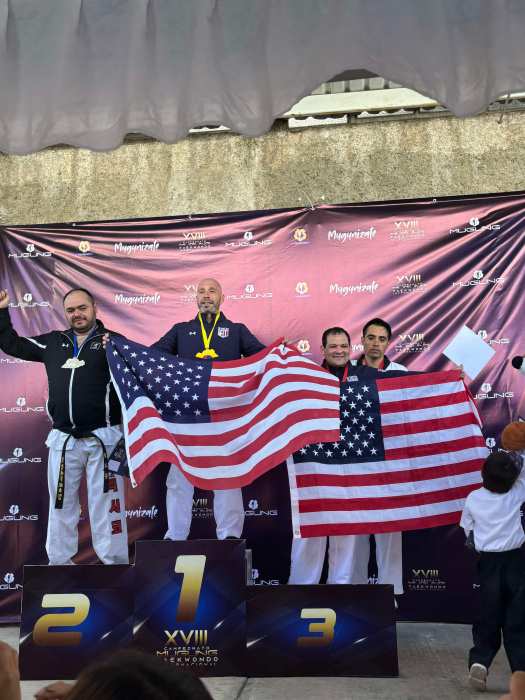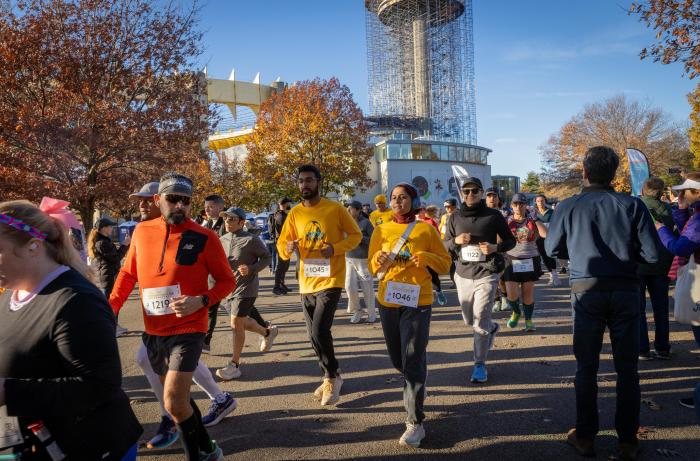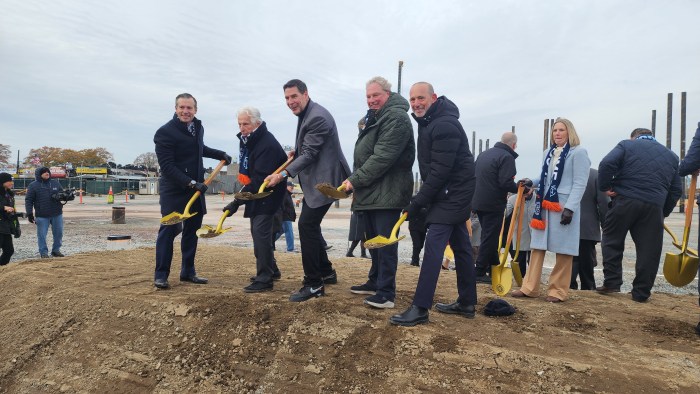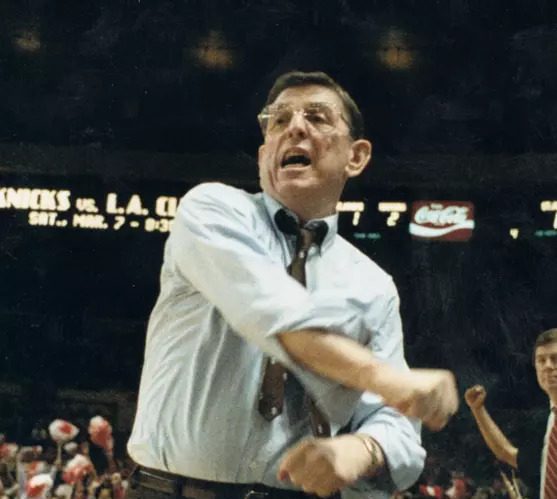On September 17, 2001, after play was delayed for six days following the horrific attacks at the World Trade Center, the New York Mets took the field in Pittsburgh wearing caps bearing the logos of the NYPD, FDNY and other First Responders – a number of the hats were given to the players by firefighters, police officers and the families of those who lost their lives at the World Trade Center.
Major League Baseball, in its infinite wisdom, attempted to prevent the Mets from wearing the caps, but the players, led by their representative Todd Zeile, did what they knew to be just and decided to ignore the MLB’s edict. The team wore the hats they deemed appropriate, and they suffered no punishment or criticism for their act of “defiance.”
This year, the Mets requested the right to wear similar caps to the ones they wore a decade ago. The MLB once again declined to acquiesce, and the Mets timidly adhered.
The team donned the first responder hats only during a pregame ceremony. At game time, the players switched to the approved caps that were worn across the league, which are produced in China, being sold by the MLB for $36.99 and have nothing more than a patch of the American flag on the side.
While such a tribute may have sufficed in other cities, New York sports fans deserved much, much more. The attacks on the World Trade Center affected all of America, but it was New York that suffered the largest loss of life. The city’s baseball players should thus have been allowed to venerate in any way they saw fit, and it is inconceivable that any other team would have protested if the Mets and Yankees were permitted to wear the first-responder hats.
The league’s decision to disallow the caps and the Mets compliance with the ruling were stimulated by two obvious and fairly shallow motives: stubbornness and money, respectively.
Due to a necessity to never “rock the boat,” the MLB refused to adapt to an extraordinary situation, and they showed America how near-sighted and rigid they truly are. By failing to follow in their predecessors’ footsteps, the Mets made it clear that they are allowing their precarious financial situation, which makes it necessary for ownership to stay on the league’s good side, to dictate both their business and moral decisions.
In memorializing the thousands of lives lost one decade ago, both the Mets and MLB failed to provide the city of New York and its citizens with the tribute they rightfully deserved.



































